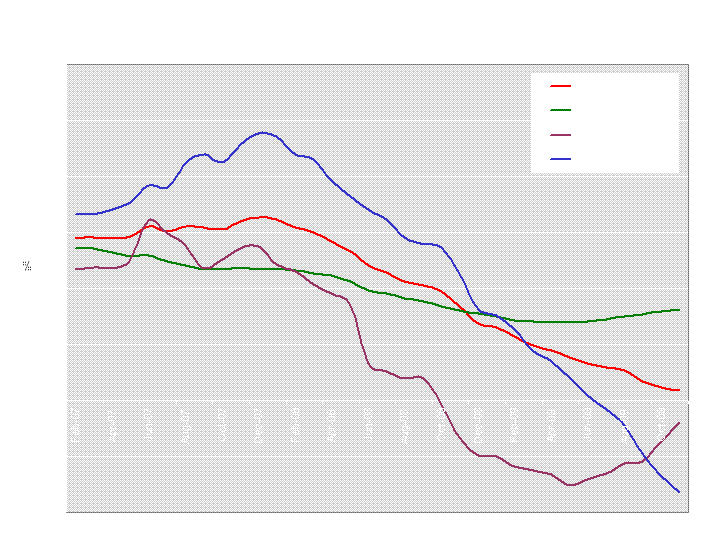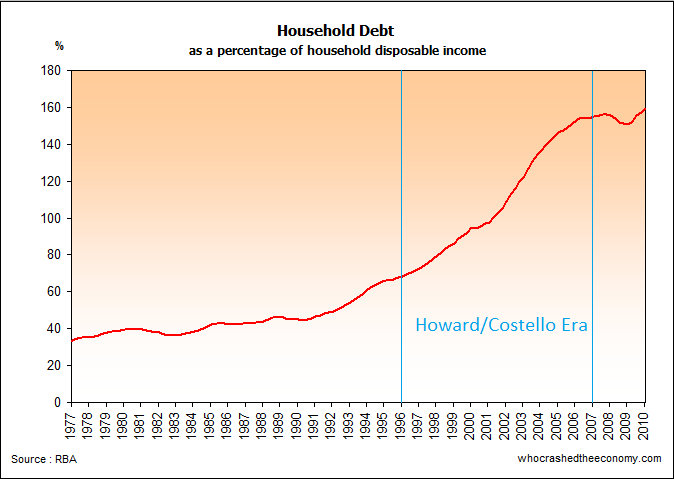Mortgage Options For Underwater Homeowners Yahoo7 Finance Australia
Post on: 21 Июнь, 2015 No Comment

Homeowners often find themselves in the unenviable position of owing more on the balance of their mortgages than their homes are worth. This results from a combination of events, many of which are beyond a homeowner’s control. Falling real estate prices, a deteriorating neighborhood, bad borrowing decisions (e.g. borrowing more than the borrower can afford or taking on an option adjustable rate mortgage) and refinancing to take out equity can all leave homeowners with growing debt. When the balance of the mortgage exceeds the value of the property, the homeowner’s position is referred to as upside down or underwater. Escaping this uncomfortable position is tricky — and it often requires selling the home for less than the value of the loan — but there are solutions. Let’s look at some options for homeowners with negative equity.
Short Selling a Home That’s Short on Equity
Short selling is a viable option if the difference between the sale price of the home and the amount mortgaged is small, or the seller has deep pockets. If a buyer can be found, the homeowner can come to the closing with a check to pay off the balance of the loan. If the seller cannot afford to pay off the balance but must sell, the seller must contact the mortgage holder and attempt to arrange a short sale.
Convincing the lender to agree to a short sale often involves a substantial amount of time and paperwork. In addition to getting the lender to agree, the homeowner then must find a real estate agent who is willing to handle the sale. If a buyer is found, the complications continue. The lender often services the loan on behalf of an investor. If the lender is comfortable with the sale, the lender then has to work with the investor holding the loan to reach an agreement. This can take time. If the house is covered by private mortgage insurance (PMI). the insurer might also be involved in the process. The insurer has insured the property against default to protect the bank’s interests, so the insurer has a stake in the process. In general, the time frame to reach an agreement is long, and the bank has little incentive to cooperate. Foreclosure

When all is said and done, the homeowner can end up owing money to the bank, even after the sale, to make up the difference between what a buyer is willing to pay and what the bank is willing to accept. If you think this might be the case in your situation, the alternative might be foreclosure. However, weigh this option very carefully — although a short sale isn’t good for your credit rating, a foreclosure is even worse. In addition to the challenges of setting up the sale, the possibility of owing money after the sale and the likelihood that your credit score will take a hit, taxes must also be taken into consideration. From a tax perspective, the difference between the sale price on the home and the balance on the mortgage might be viewed as income. Paying the tax or proving that you were insolvent and thus exempt from the tax, are items that must be dealt with because, from a tax perspective, a short sale is viewed as debt forgiveness. Options for avoiding the hassles of a short sale are limited. The ideal scenario is to continue living in the home and paying the mortgage until the real estate market improves and the house can be sold for a price that covers the balance on the mortgage. Other options to consider are taking in a roommate to help pay the bills, or moving to an apartment and renting out the house. The Bottom Line
The best way to minimize the odds of finding yourself upside down is to take out the smallest mortgage that you can find and pay it off as quickly as possible. This effort begins by purchasing a home that you can actually afford, which could be a dramatically different property than the one in which you feel you belong. Wise, cautious homebuyers make a substantial down payment, enabling them to avoid having to purchase private mortgage insurance (PMI) and providing enough home equity that they will have a cushion if home values decline. In addition, by taking on a small mortgage, you should be able to make extra payments and get out from under the debt burden in less time. Finally, making additional payments makes the likelihood of finding yourself upside down on your mortgage much less likely.














